As we look back at automobile history, some cars have been so legendary that they have ascended from mere instruments of transportation to cultural icons. These vehicles are more than engineering and design. They are revolutions in themselves. Someone rightly said, “An iconic car is like a piece of history on wheels, which carries the legacy of its time .”Here is a list of 8 cars that have gained cultural icon status.
Ford Model T
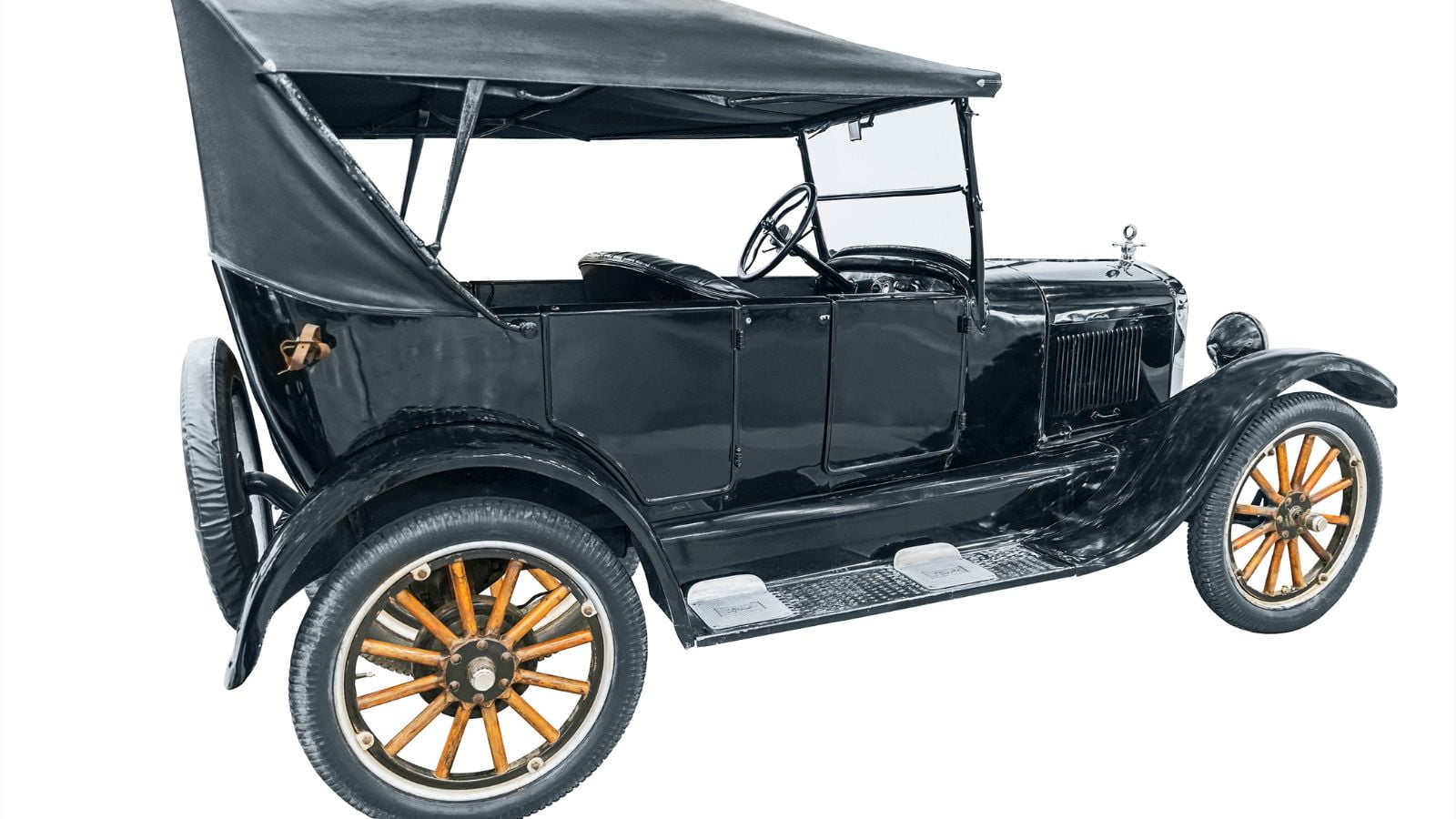
The Ford Model T is affectionately known as the “Tin Lizzie,”. It is one of the most influential cars in automotive history. It was introduced by Henry Ford in 1908, and with it, this car revolutionized the automobile industry by making vehicles that are affordable for the average American. It used mass production, which reduced production and end-product costs, making it accessible to the general public. Around 15 million Model Ts were sold by 1927 when production ended. It played a significant role in shaping 20th-century American culture, representing innovation and the spirit of mobility.
Volkswagen Beetle
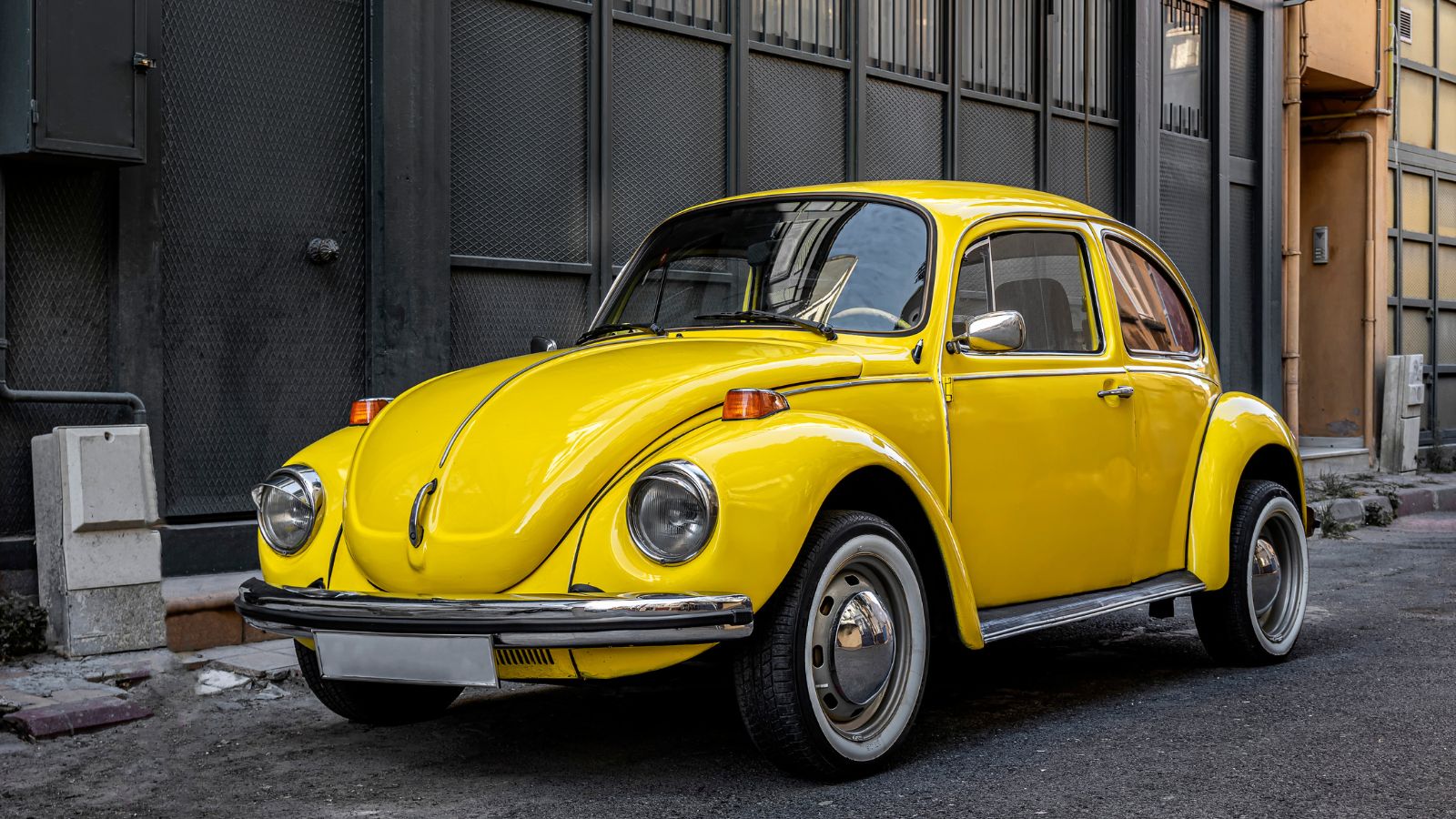
The Volkswagen Beetle is synonymous with timeless design to some and counterculture to others. Adolf Hitler had originally commissioned it in the late 1930s, and it was known as “the people’s car.” However, it gained popularity after World War II in Europe and eventually became a global phenomenon. The Beetle has always been attractive, reliable, and affordable. These features made it a favorite among a diverse range of drivers. During the ’60s and ’70s era, the Beetle became equivalent to the hippie movement. It represented freedom and nonconformity. Films like “Herbie the Love Bug” cemented the Beetle’s place in popular culture. Even as its production ceased in 2019, the Beetle remains an enduring symbol of simplicity and charm.
Ford Mustang
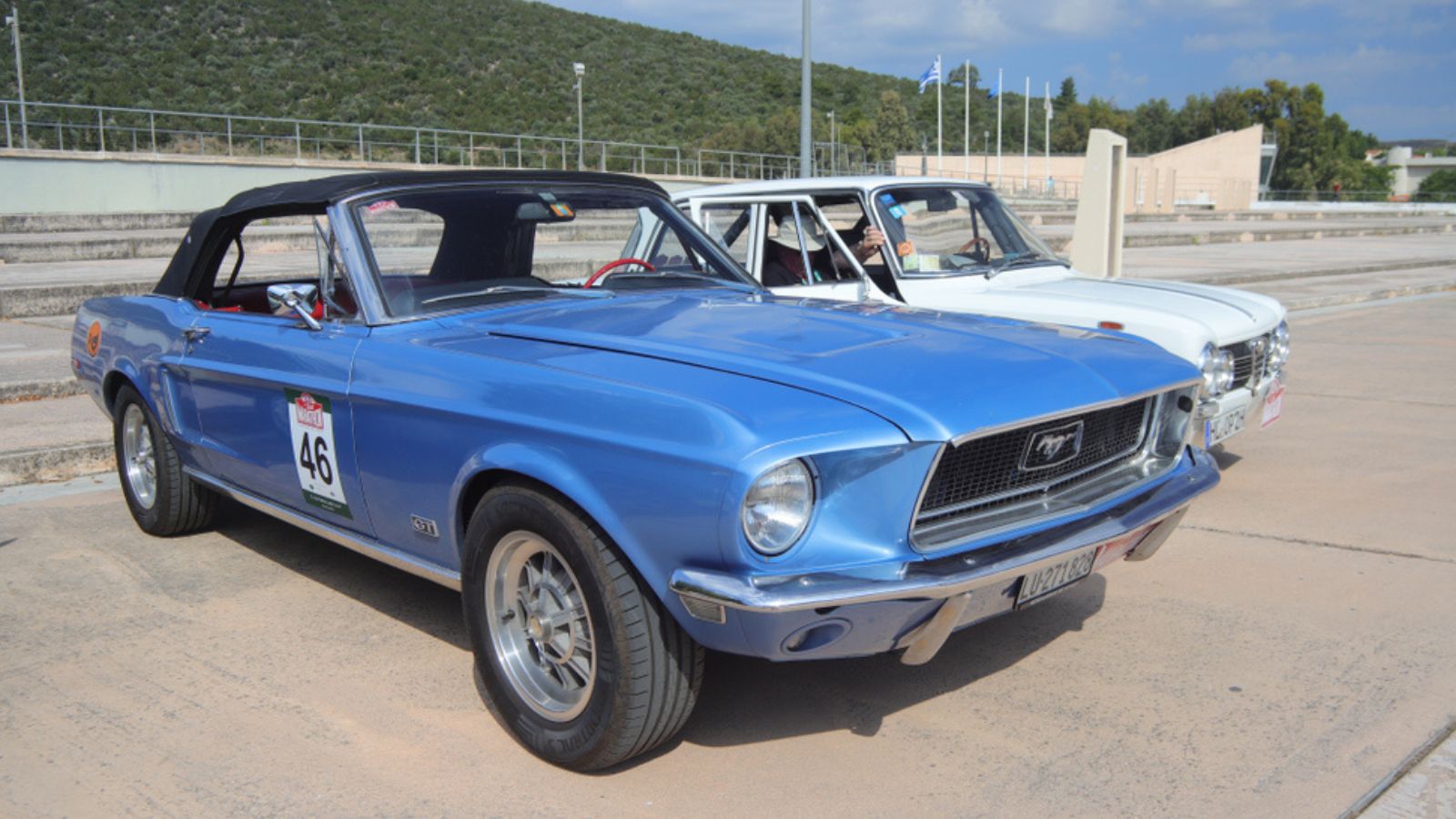
Introduced in 1964, the Ford Mustang quickly became an American icon, embodying the spirit of freedom and the open road. Its sleek design, powerful performance, and affordability made it an instant hit, particularly among young drivers. It became the face of the “pony car” segment, characterized by long hoods and short rear decks. The Mustang’s cultural impact was amplified by its appearances in movies like Bullitt. Today, the Mustang inspires car enthusiasts and remains a symbol of Americana.
Chevrolet Corvette
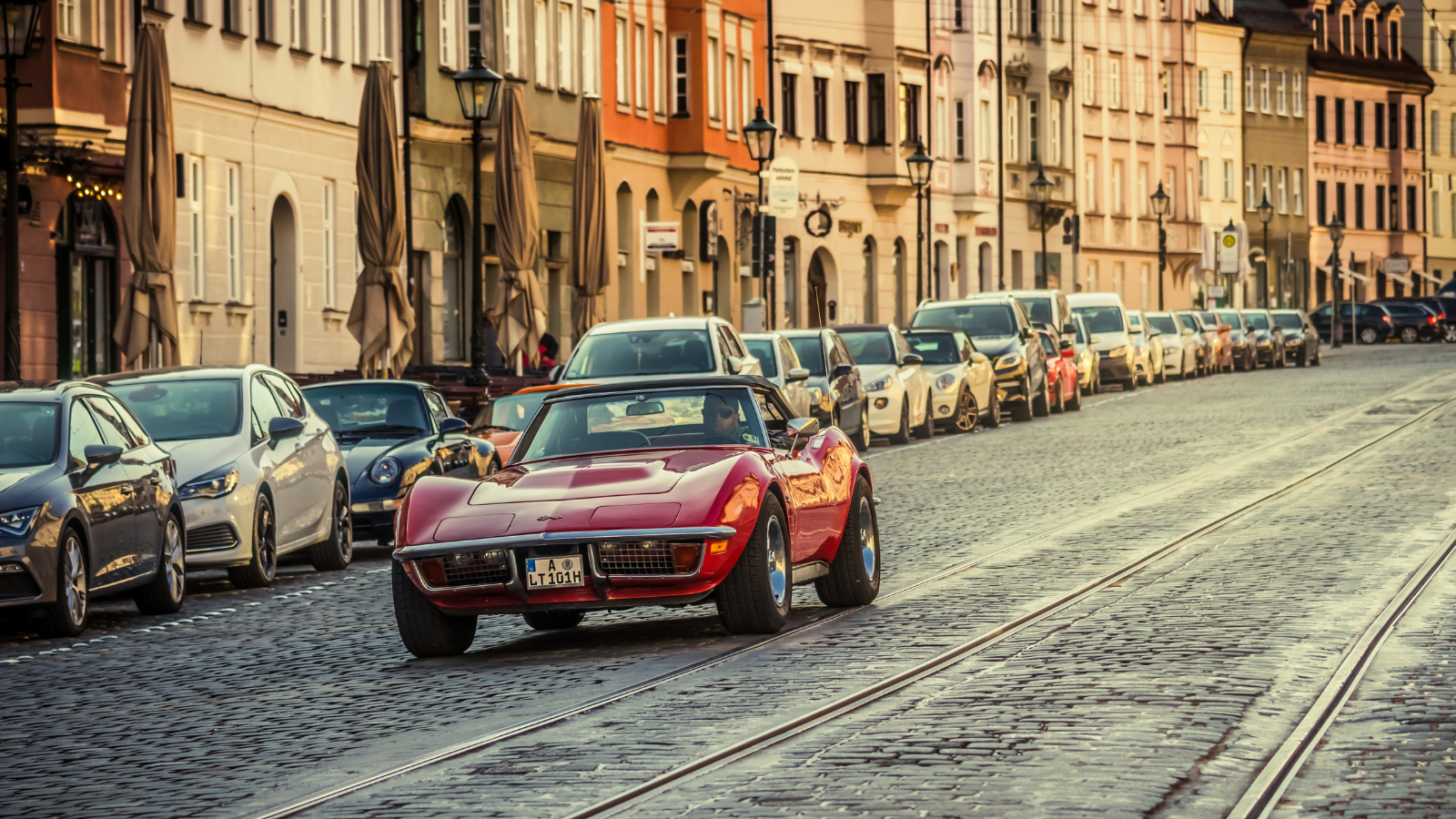
The Chevrolet Corvette, often referred to as “America’s Sports Car,” has been a fan favorite since its debut in 1953. The Corvette’s sleek lines, lightweight body, and robust engines have ensured its popularity through the decades. Over the decades, the Corvette evolved, incorporating advanced technology and design while maintaining its status as a performance icon. The Corvette’s legacy is also tied to its racing success, particularly at events like the 24 Hours of Le Mans. The Corvette represents the pinnacle of American automotive engineering and is a dream car for many.
Mini Cooper
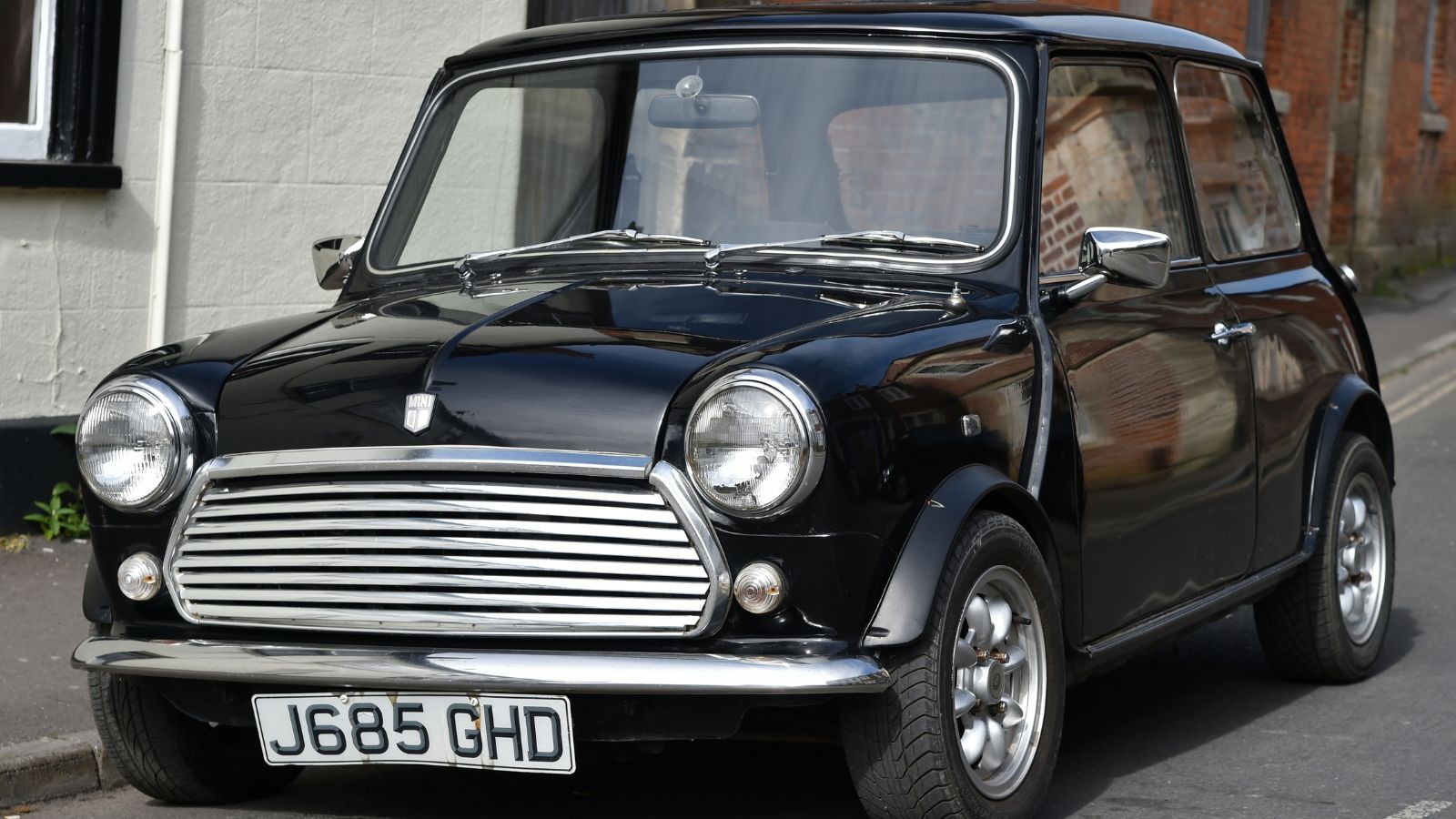
The Mini Cooper is a British icon known for its compact size, distinctive design, and surprising performance. Launched in 1959 by the British Motor Corporation, the Mini was designed as an affordable, efficient city car. However, its nimble handling and front-wheel-drive layout made it a formidable competitor in motorsports, particularly in the Monte Carlo Rally. The Mini’s cultural impact was further solidified by its association with the 1960s mod culture and its starring role in the 1969 film “The Italian Job.” Today, the Mini Cooper continues to be celebrated for its unique blend of practicality and driving fun.
Porsche 911
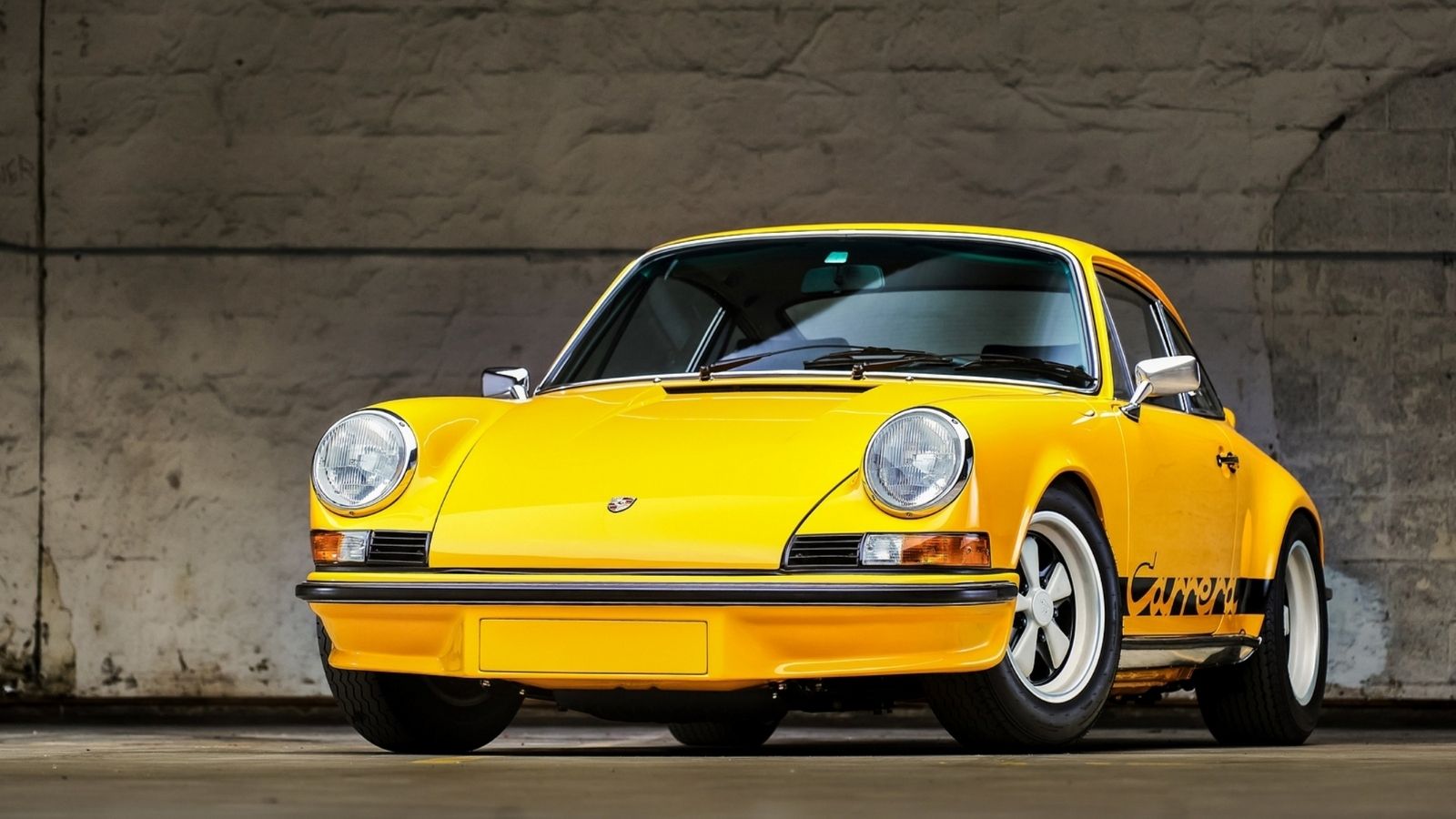
The Porsche 911 is one of the most iconic sports cars in automotive history. Introduced in 1964, the 911’s distinctive rear-engine layout, timeless design, and exceptional performance have made it a favorite among enthusiasts and collectors. The 911 has evolved over the decades, continually incorporating new technology while retaining its classic silhouette and driving dynamics. Its success on the racetrack, including numerous victories at the 24 Hours of Le Mans, has cemented its reputation as a high-performance legend. The Porsche 911 represents the perfect blend of tradition and innovation, symbolizing automotive excellence.
Jeep Wrangler
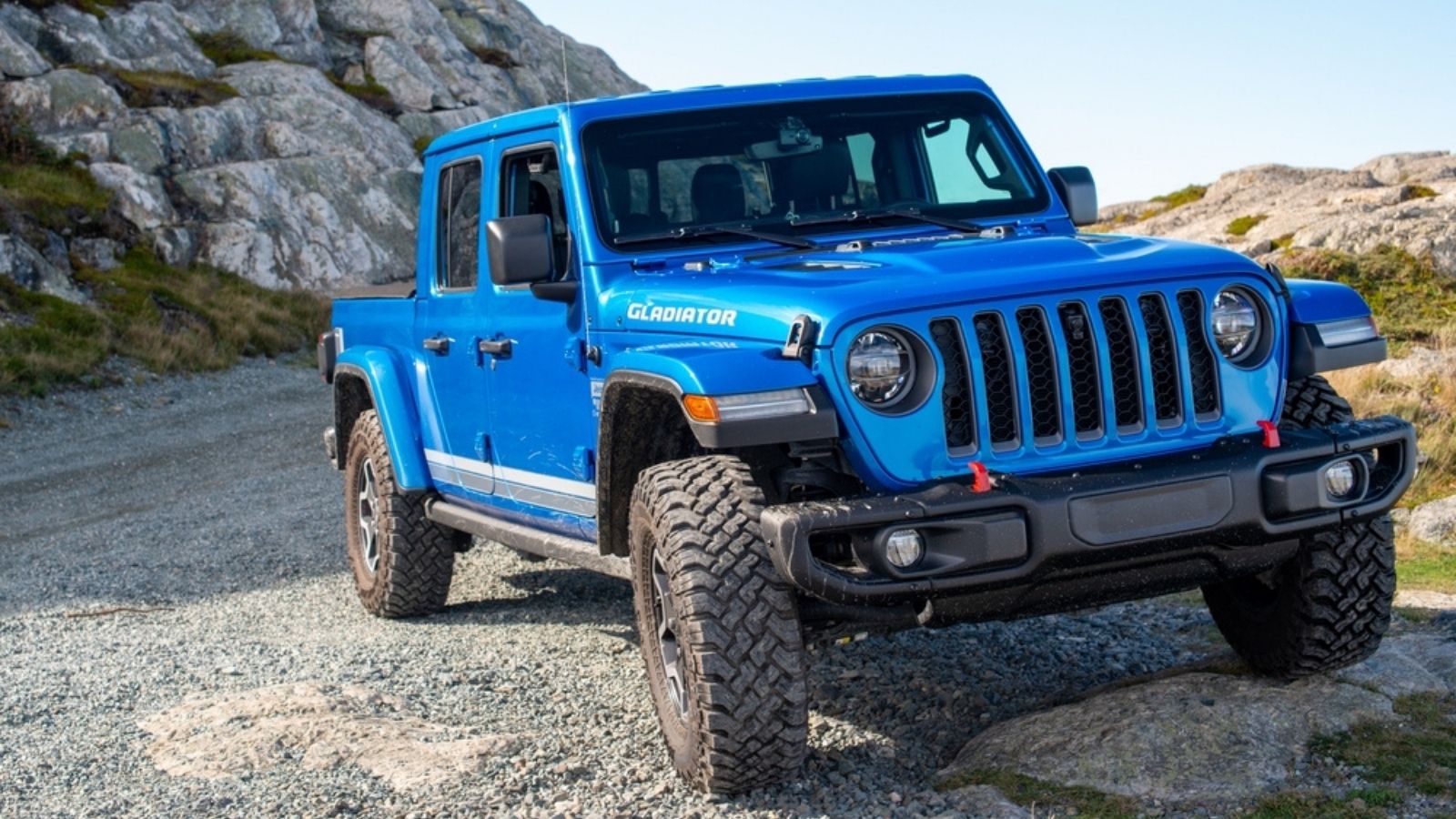
The Jeep Wrangler’s roots can be traced back to the World War II-era Willys MB, a rugged military vehicle known for its off-road capability. The Wrangler, introduced in 1986, carries forward the Willys’ legacy with its distinctive boxy design, removable doors, and unparalleled off-road performance. The Wrangler has become an icon of adventure and freedom, representing the spirit of exploration and the great outdoors. Its role in films like “Jurassic Park” and its association with outdoor enthusiasts have further solidified its status. The Jeep Wrangler remains a symbol of rugged independence and off-road prowess.
Tesla Model S
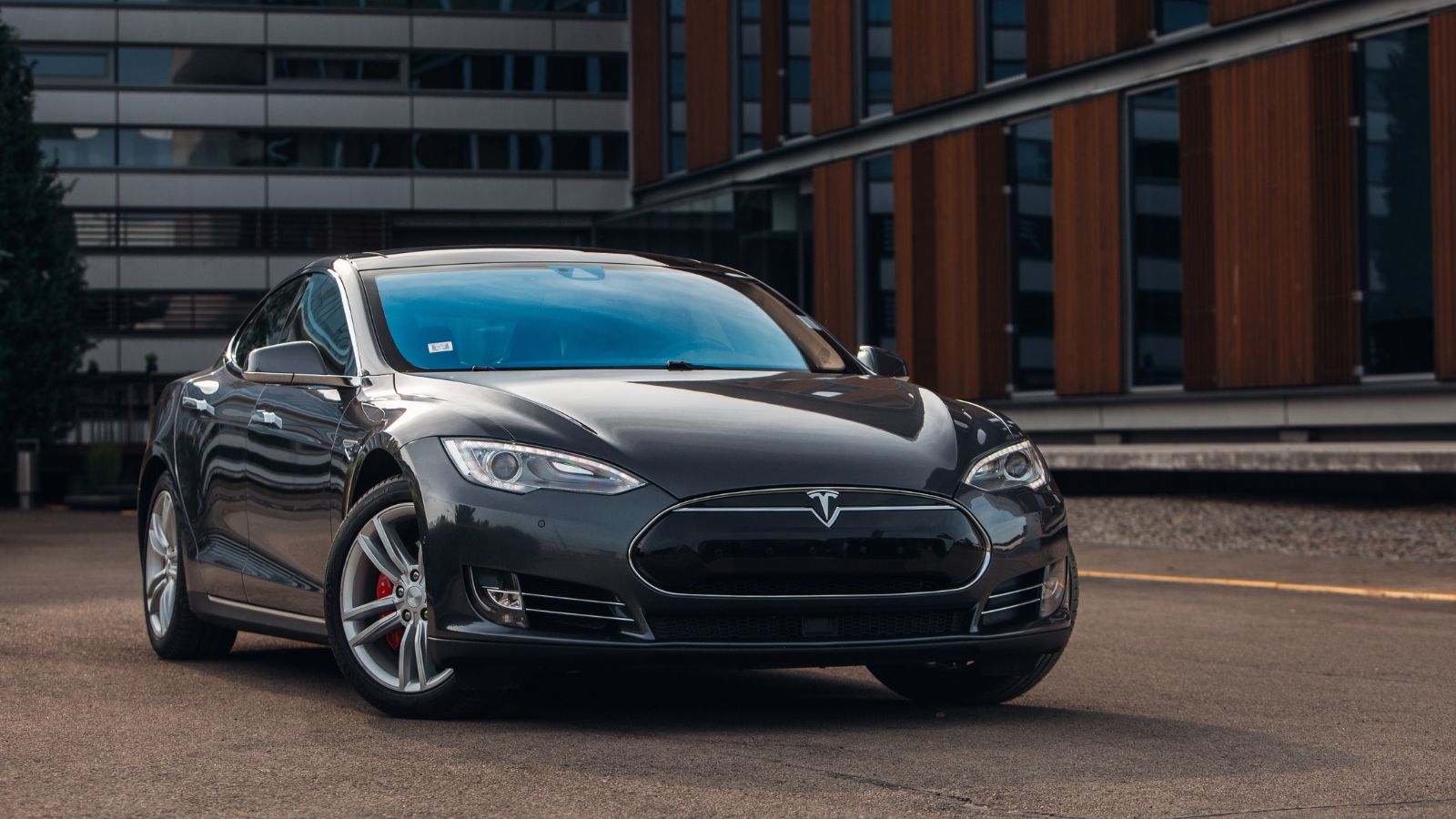
The Tesla Model S is a modern icon that has redefined the electric vehicle (EV) market. Introduced in 2012, the Model S combined cutting-edge technology, luxury, and impressive performance, challenging traditional perceptions of electric cars. With its long-range capabilities, Autopilot features, and rapid acceleration, the Model S has set new standards for EVs. It has played a crucial role in popularizing electric vehicles and advancing sustainable transportation. Tesla’s innovative approach and the Model S’s success have made it a symbol of the future of the automotive industry, inspiring other manufacturers to embrace electric mobility.
The 10 Most Reliable Car Brands According to Mechanics
When choosing a car, one of the most crucial factors is reliability. But what exactly does it mean when we say a car is reliable? Reliability refers to the vehicle’s ability to perform consistently well over time with minimal issues. A reliable car requires fewer repairs, is cost-effective to maintain, and offers peace of mind to the owner. In this article, we delve into the ten most reliable car brands according to mechanics, explaining why these brands are trusted and highlighting endorsements from institutions, car experts, and reputable websites. The 10 Most Reliable Car Brands According to Mechanics